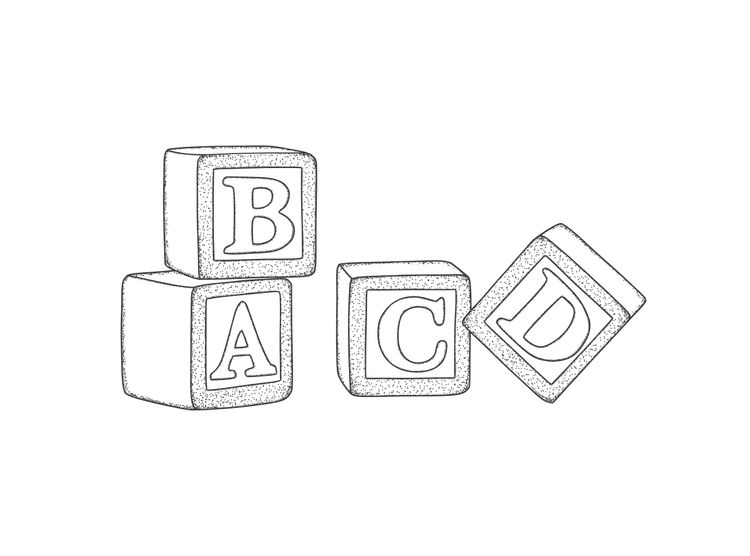Commitment

For Adam.
Where do we find the will to commit ourselves to something difficult: a relationship, a goal, our work, our responsibilities, a venture, a movement, our path? Where do we find the strength to overcome the hesitancy and resistance to what we want for ourselves?
When we clarify what is most important to us, commitment requires no will or special effort to maintain. Our purpose takes root in us so deeply that there is no hesitancy or resistance to overcome. It is who we are, and what we live for: the people who matter most to us; the values we hold closest to our hearts.
When we commit from the heart, we tie a sacred knot that cannot be undone by our false and self-deceiving minds. We live our true nature, and act with wholeness, courage, strength and ease. We find the resilience to persevere despite life's setbacks and misfortunes.
When we commit from our hearts, we draw others to our cause. They see and feel the heartfelt purpose in us. It stirs their hearts to action. They see the path ahead that we must follow. They point out the way when we are lost. They pick us up when we fall down. They help us find the strength to carry on.
My friend and fellow coach Adam Odoski, a colleague at Better Faster Further, has just finished an endurance event called the Moab 240. It took Adam 106 hours to complete the 238.2 mile course—a giant loop across wild, mountainous terrain that includes an elevation gain of 28,893 ft. (Because it is a loop, you have to run 28,893 ft downhill as well, which Adam says was by far the harder task.) I spoke with Adam two days after he finished the event. He told me that people ask him where he finds the inspiration and motivation to commit to something so difficult and so grueling. He tells them that inspiration and motivation have nothing to do with it. Commitment begins with purpose.
In preparation for endurance events, Adam spends as much time clarifying his purpose as he does on physical training. "It has to resonate with you," he says. "It has to be meaningful to you. It probably has to be bigger than you. I spent a long time putting the right words to my purpose. It is to be a better person, a better father, a better husband, and to unlock the limitless possibilities of the world."
"At mile 71" says Adam, "my body completely broke down. I thought I would have to quit. I ran into an aid station. A guy called Dale walked up to me. He asked me how I was doing. I told him I was in a tough spot. He took off my socks and shoes, and tended to my feet. He asked me why I was doing this. I told him. He spent two hours with me. I left the aid station and for the next stretch of the race, I was on top of the world. I met him again 120 miles later. He said to me: "Holy shit! Are you still here?" Dale reconnected me to my purpose. He restored my spirit."
About a year ago I committed to myself that I would never drink alcohol again. I had struggled with my drinking for several years. I had tried to drink in moderation, and failed. It was affecting my sleep, my liver, my heart, my relationships, and my presence in my life.
This time, I looked deeply into why I wanted to quit. I made a solemn commitment to myself that I would respect and honor the sacredness of the body I had been given, the sacredness of my relationships with those I love, and the sacredness of whatever time I have been given to live on this beautiful planet. I cannot drink and keep these commitments to myself. It is not possible, at least for me. There has not been a day since I quit when I have wanted to drink. The path I must take is so clear to me that I do not need to think about it, or exert my will in any way. It is the simple truth of who I am.
So often, I see leadership teams struggle because they are not committed to a shared goal, or to each other. Where there is no commitment, there is always ineffectiveness. The organization can see and feel it, and responds with its own lack of commitment.
Teams do not need to agree with each other to commit themselves to a shared goal. But they do need to spend time together to clarify their shared purpose. It might be a purpose that the leader champions. There may be space for some individuals on the team to find different kinds of purpose and meaning in their commitment to each other. Some may ultimately find they cannot commit because the team's purpose conflicts irreconcilably with what is most important to them. If that is the case, they owe their colleagues the truth; and they owe themselves the chance to find their own meaning and purpose, on a different path.
Each week I explore a life metaphor that has touched me in my coaching. Subscribe to get my scribblings every Sunday morning. You can also follow me on Medium, or on LinkedIn. Feel free to forward this to a friend, colleague, or loved one, or anyone you think might benefit from reading it.





